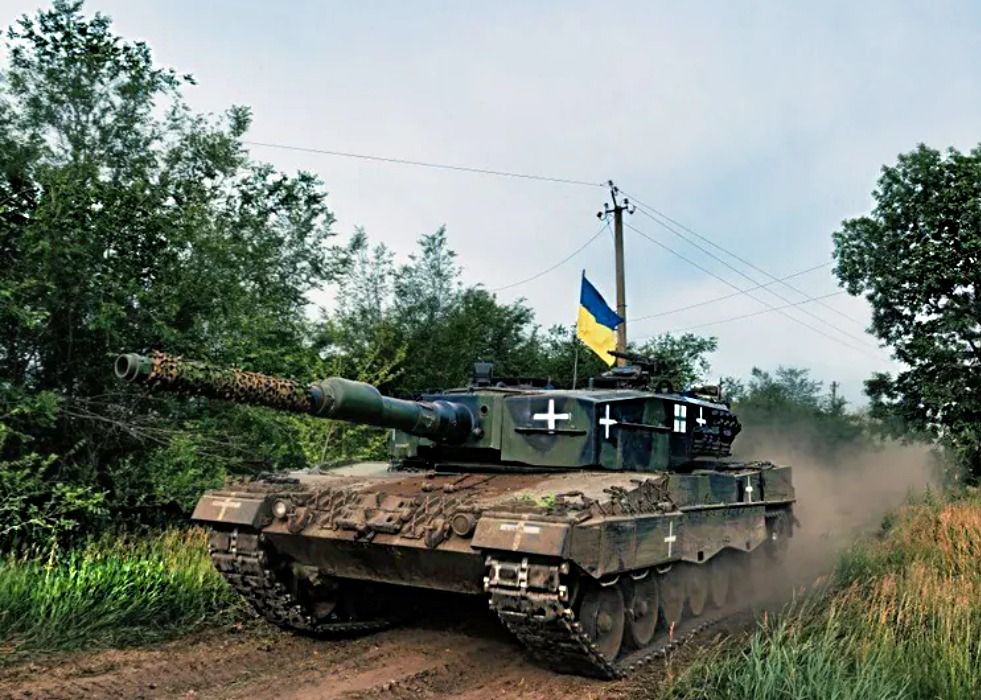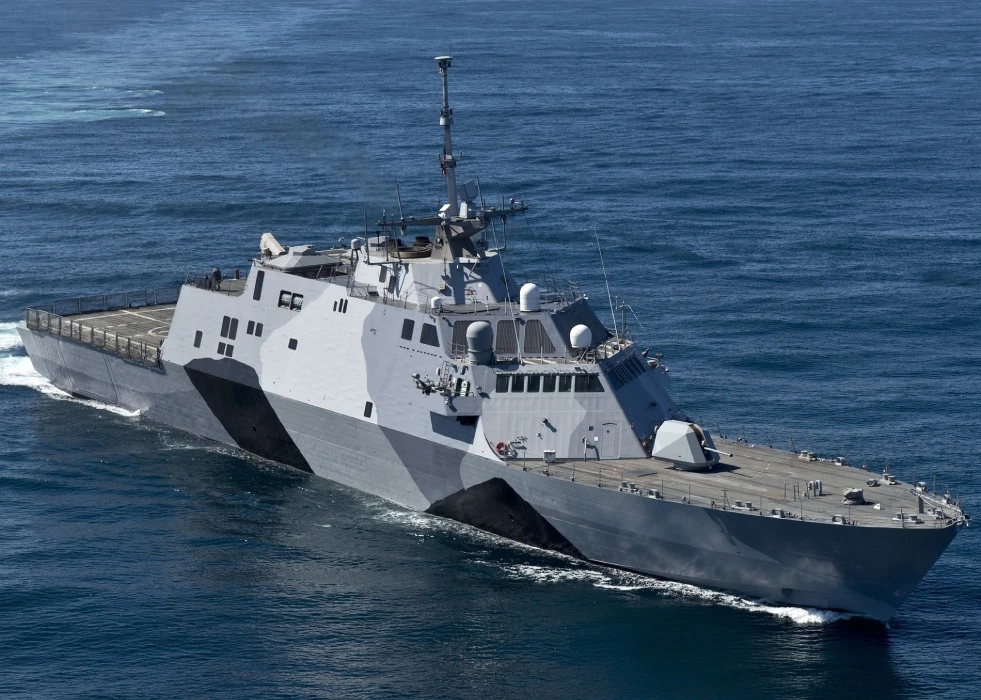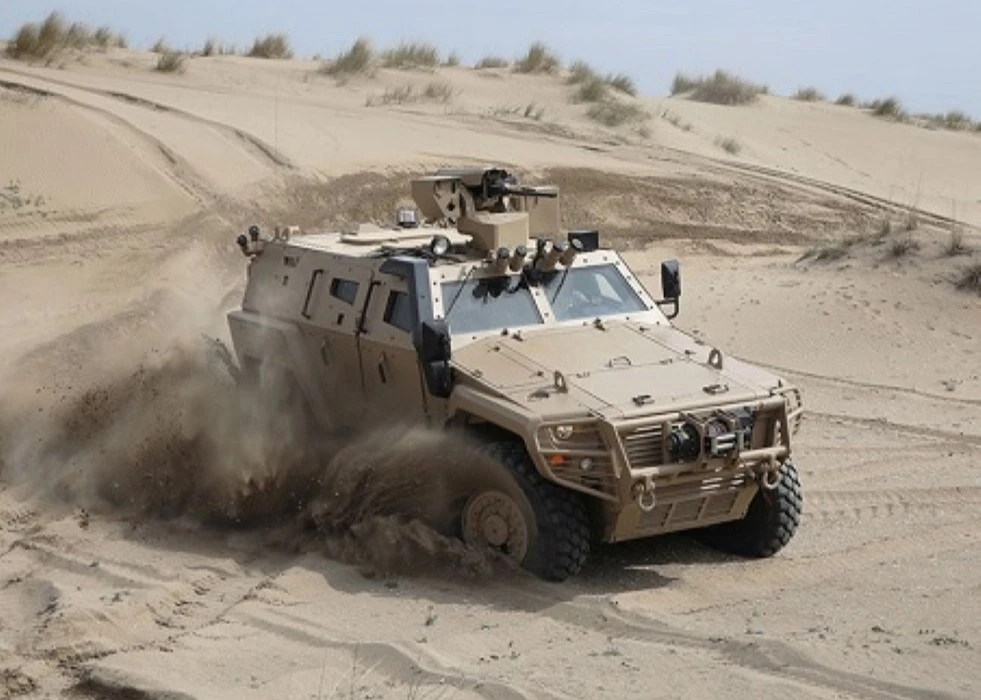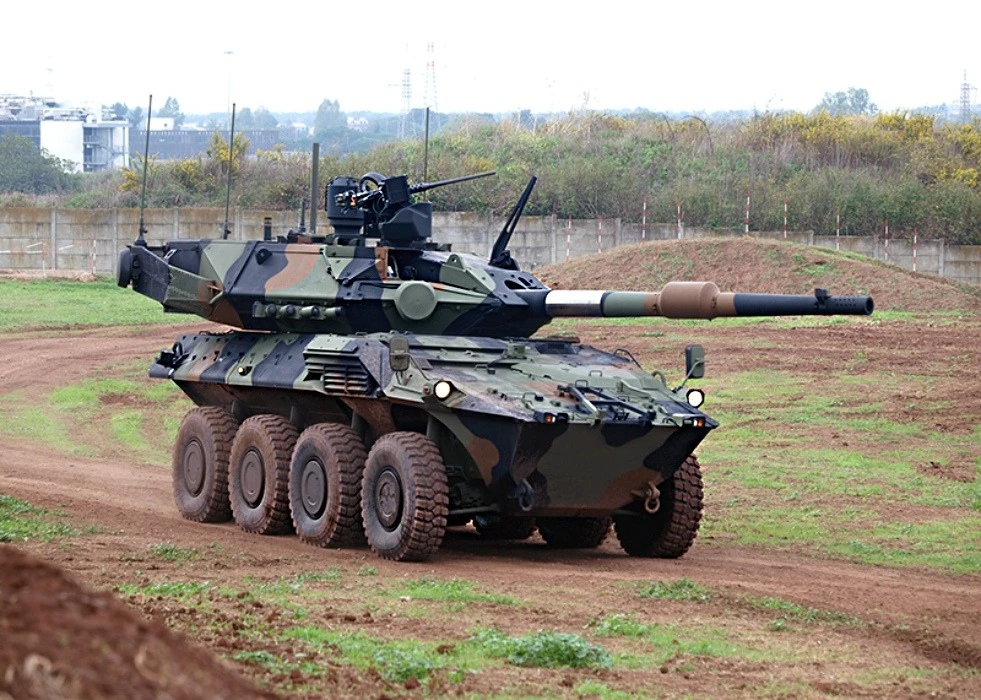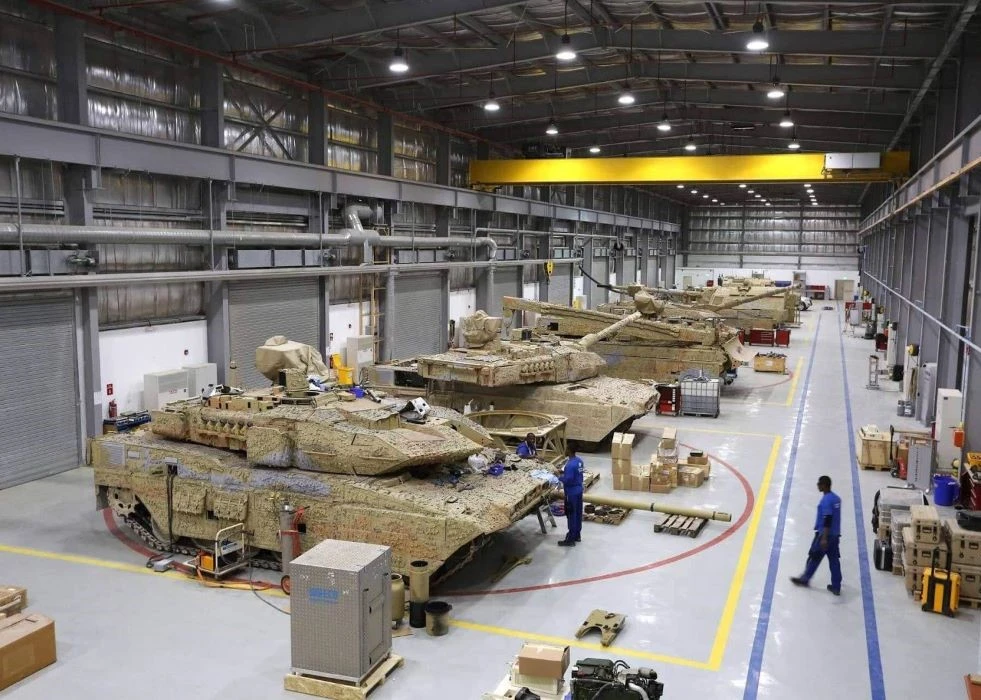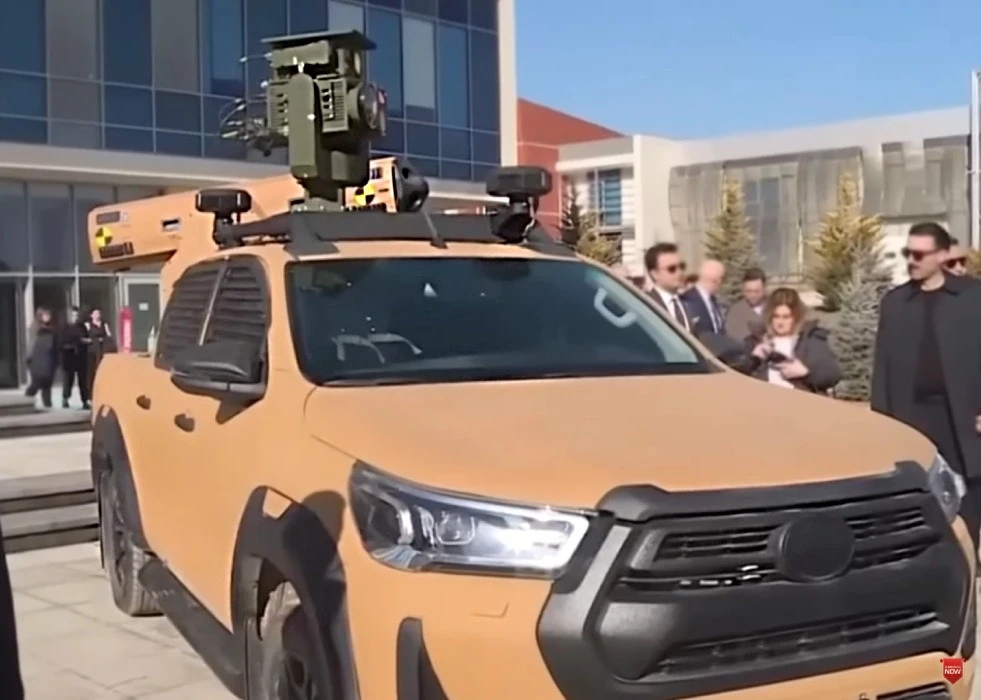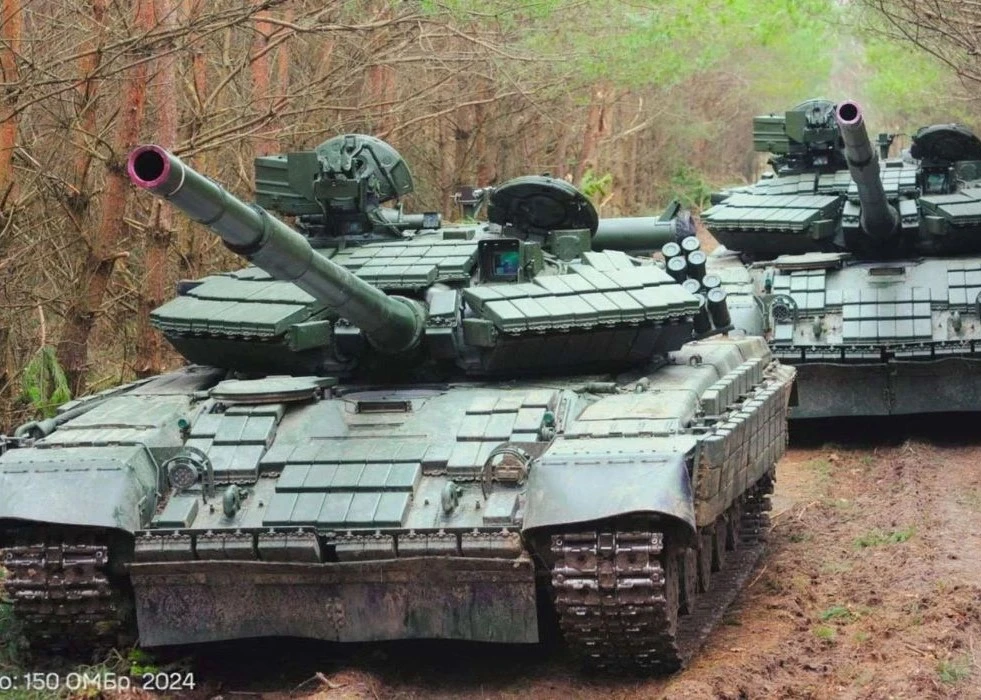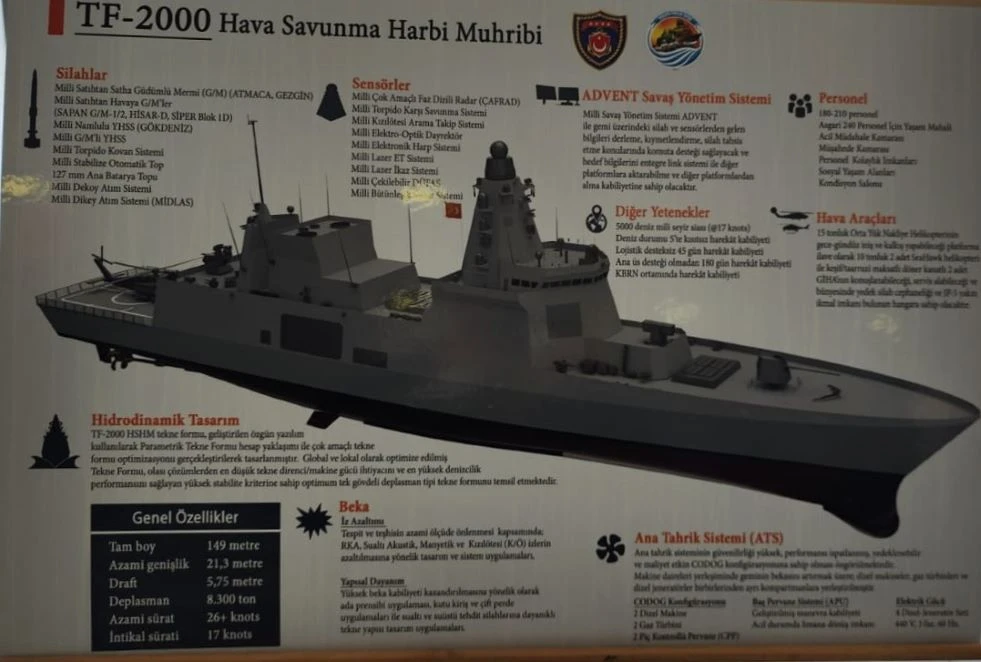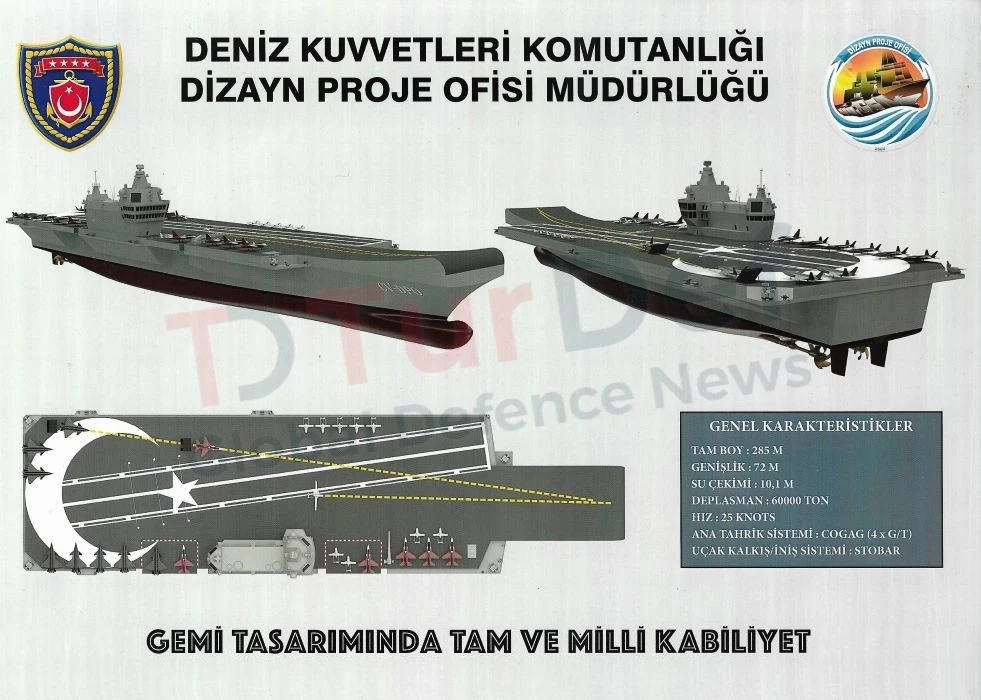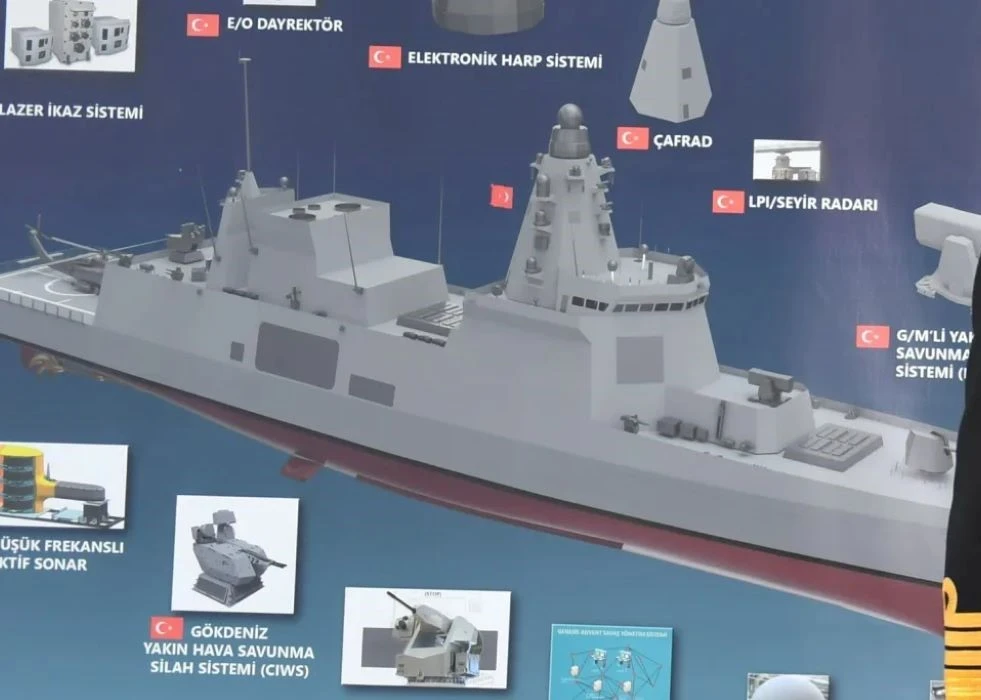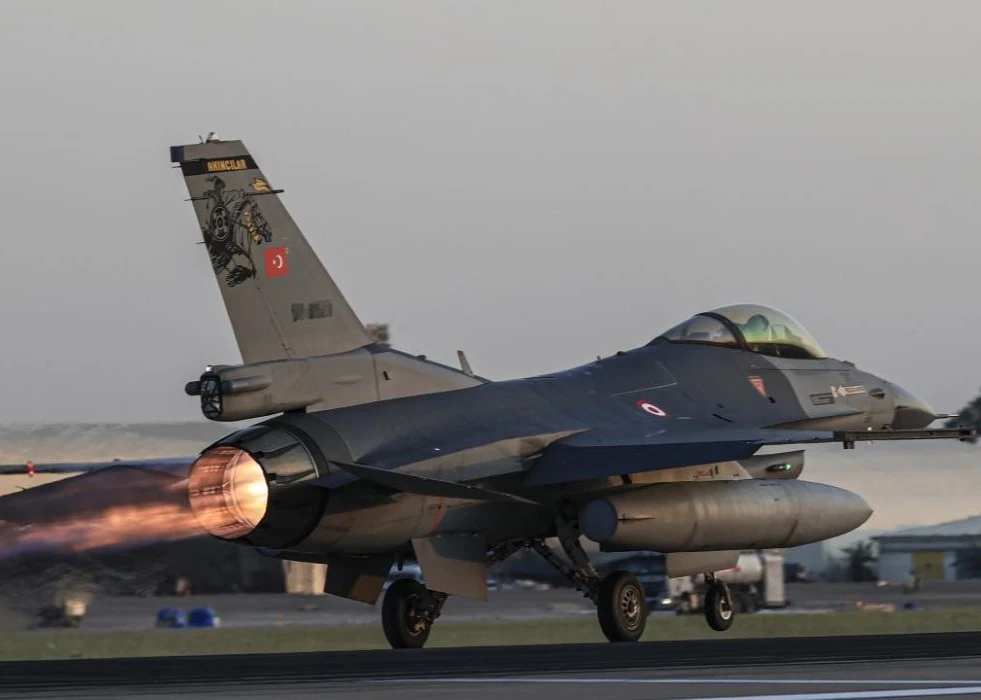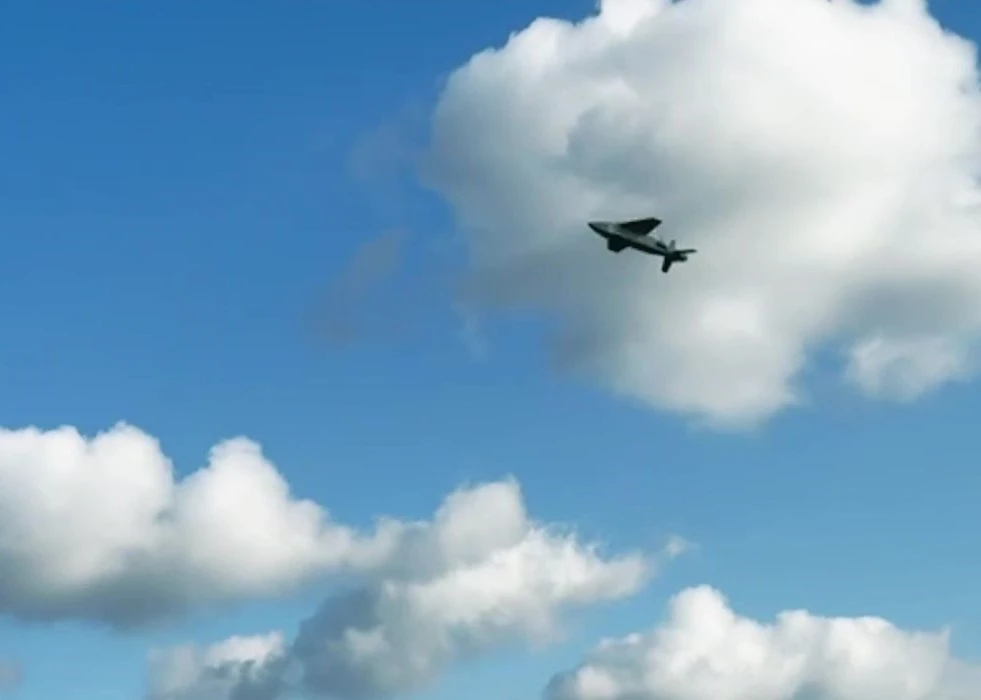The current situation in Ukraine presents a complex scenario around the Leopard 2 tanks. The German government has handed 18 Leopard 2 tanks from the Bundeswehr arsenal to Ukraine. The Russians hunted most of them down with loitering munitions within weeks of deployment. Forbes magazine claimed in November 2023 that Ukraine would likely lose its entire Leopard tank fleet due to army inefficiency.
German politicians recently visited a tank repair centre in Lithuania with Defence Minister Boris Pistorius. Most of these tanks were damaged in battle and lacked spare parts to repair them. The challenges were not limited to the shortage of spare parts and their quality but also the technical skills of Ukrainian mechanics, who have traditionally worked with ex-Soviet material. This discrepancy in technical experience has led to repair attempts that, far from solving the problems, have increased the damage to these sophisticated weapons systems.
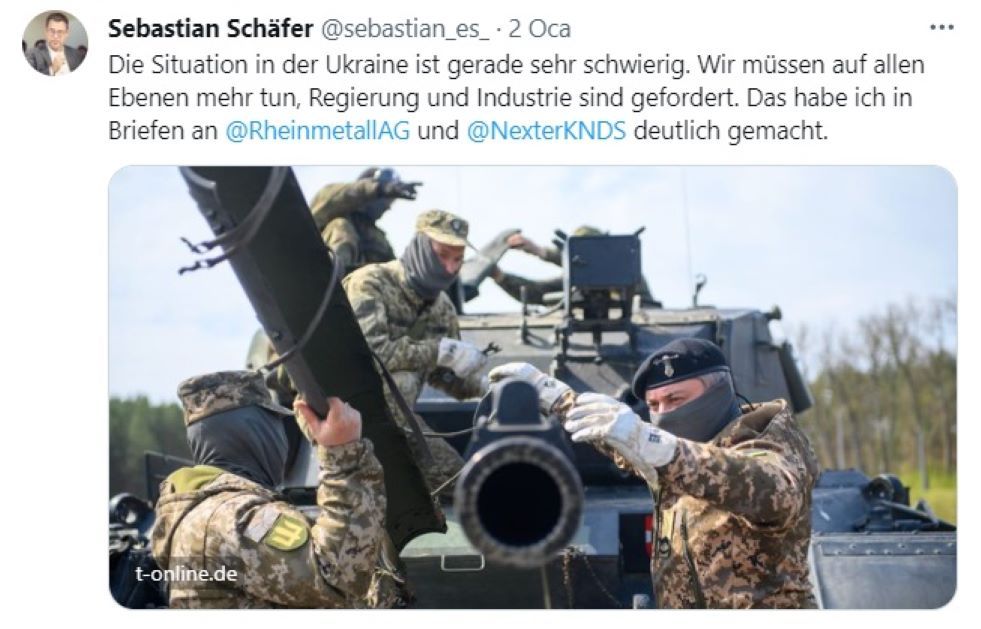
Sebastian Schafer, a Green Party member of the German Parliament, has called for immediate action to expedite repairs.
The logistical aspect represents an additional challenge in this scenario. The transportation of the damaged Leopard 2 to repair workshops in Ukraine involves a slow and complex process, aggravated by the war situation in the country. Faced with this challenge, attempts at improvised repairs have been made near the battle lines, seeking to save time. However, these interventions have proven counterproductive, increasing vehicle damage rather than restoring operational functionality.
The perception of this problem by Germany raises questions about planning and anticipating these challenges, especially considering the difference in systems of arms between Ukraine and Western countries. The case of the F-16 clearly illustrates the complexity and time required for adaptation to new war material, from the linguistic training of pilots to familiarisation and training with the team.
According to Schaefer, it is imperative to conduct a detailed analysis to identify solutions to these problems, either by improving the training of Ukrainian mechanics or by providing more precise and detailed instructions. This situation impacts the effectiveness of Ukrainian military operations and raises concerns about the sustainability of Western military support to Ukraine, especially in the context of possible cuts in aid from the United States.
